Is it exploitation to extract honey for sale?
In the broadest sense of the definition - Yes.
Is it cruel to take the honey that bees have worked so hard to produce?
Like all farming there are good and bad practices and that is no different with beekeeping. If done with care and consideration then it causes no harm or distress to the bees. Care not to harm the bees when moving frames or replacing supers, when it is so easy to accidentally crush bees, correct use of a soft brush or feather can help to move bees safely from the danger areas. If anything our bees are healthier and have plenty of plants to forage and keep plenty of their own honey.
Bee-centric beekeeping is essentially best practise bee farming with the health and wellbeing of the bees at the forefront of the operation. Extraction of honey is a carefully considered process in a bee-centric operation, bees must have ample honey to last them through winter into spring, as opposed to large commercial operations where the maximum yield of honey is taken and replaced with sugar water, a very poor substitute for honey.
We use sugar syrup when the bees are low on honey due to constant rain and bad weather which has kept them confined to the hive, but these are the times that we are unable to take honey as the bees urgently need what they have made, I also provide a pollen substitute that provides protein in addition to the simple carbohydrate sugar syrup. When the bees are just about making enough honey for themselves, you’ll see we are out of stock - Our bees take priority!
So yes, you can argue beekeeping / bee farming is exploitive but, like all farming their is good and then some very bad practices. We will never put our bee health at risk for the sake of profit, but this does make for an expensive operation, hence why good honey commands a high price and the same goes for beeswax products.
Yes we can live without bee related produce but we can’t live without pollinators and if beekeeping fell into a skill of the past, our food prices would rise, there would be dramatic reductions in the amount of UK produced food. Wild pollinators need protecting of that there is no doubt and bee-centric operations limit colonies numbers of honey bees in order to avoid over competing with wild pollinators. Getting a hive of honey bees will not help save bees but knowledgable beeping and a bee centric approach can go hand in hand with reversing the fate of our flying insect populations in the UK.
Keeping bees for honey has been practised around the globe for centuries and has helped to ensure the survival of the honey bee, however in modern times honey has held a more economic value. Man by nature can be greedy, large scale bee farming operations may well put the yield of honey over the health and well being of the bees, this is most certainly exploitation and puts the health of all pollinators at risk.
Let us know your thoughts - Not everything is black and white!
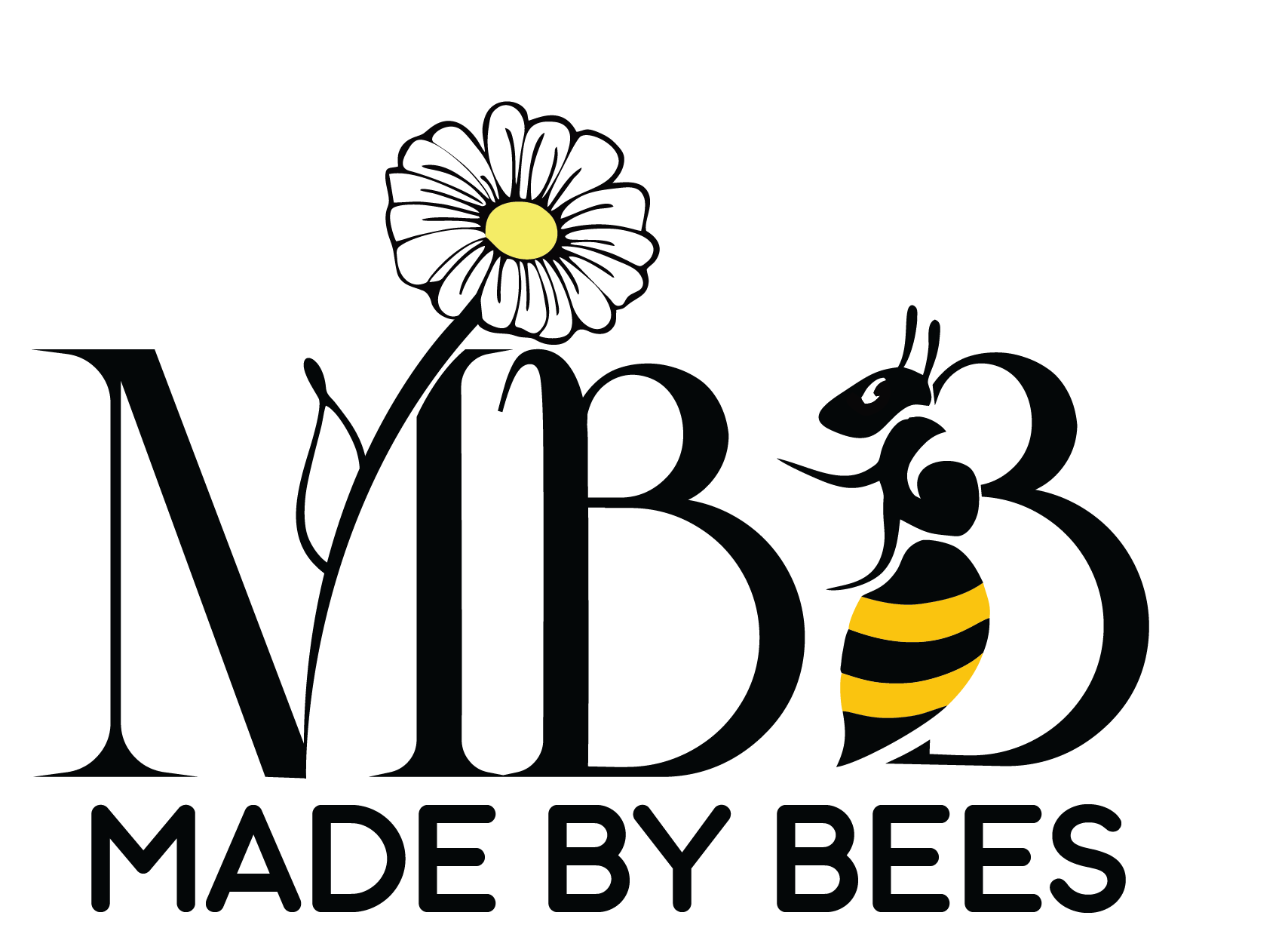
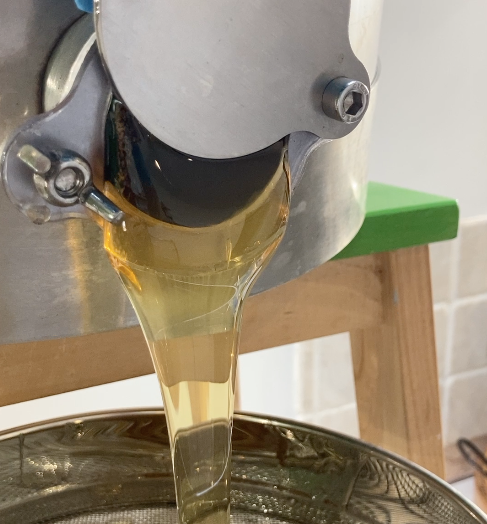

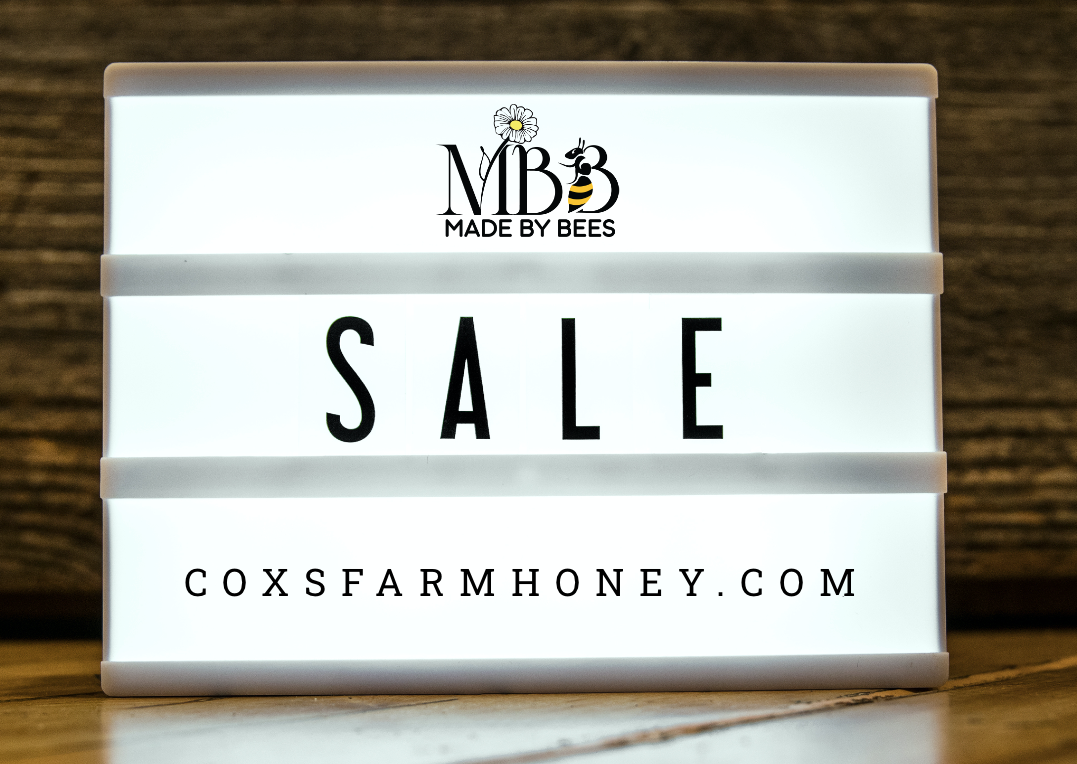
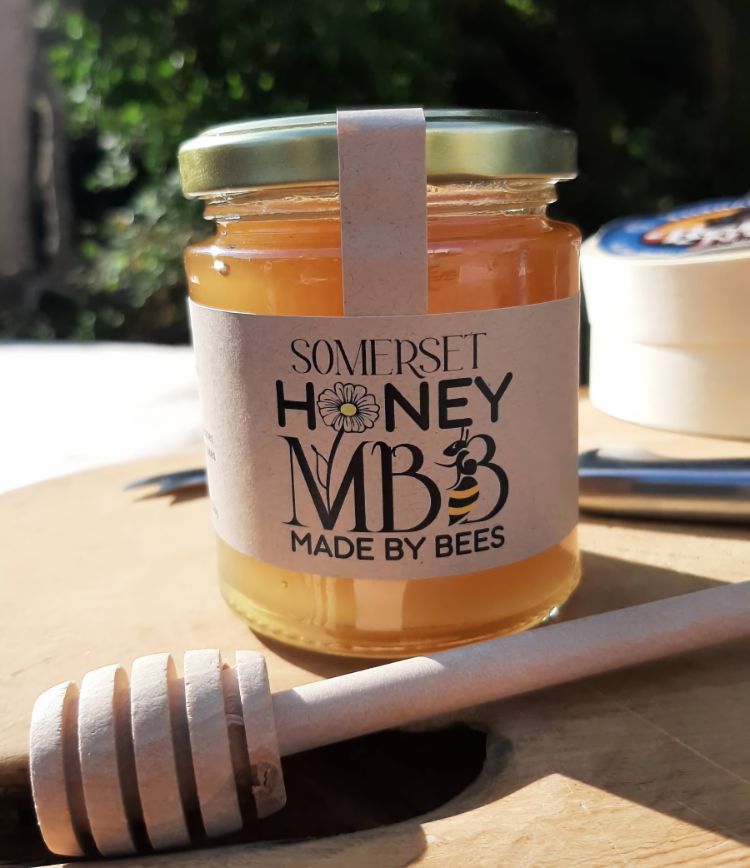

Share:
How to get the best from your beeswax pillar candle
Stress management techniques